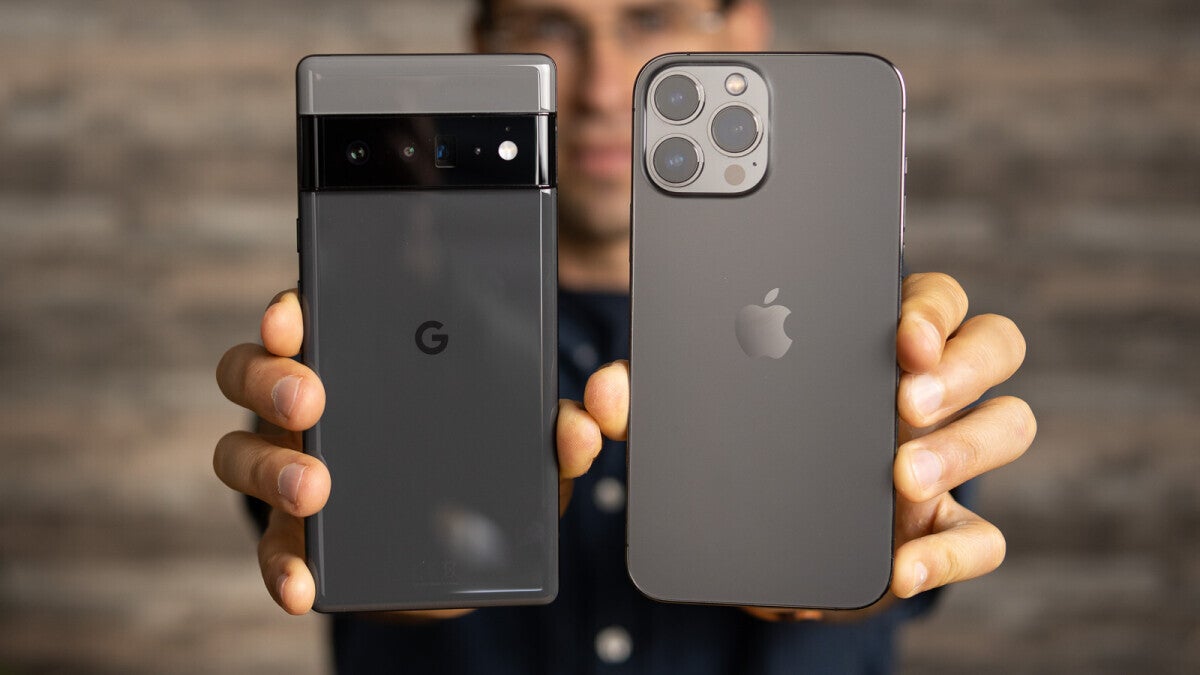
It is no secret that the late Steve Jobs despised Android and regarded it to be a blatant rip-off of iOS. Jobs famously stated that he wished to destroy Android and would accomplish that even when he needed to wipe out Apple’s money property. To the common layman, each working programs look like related however there are big variations as telephone fans know.
Apple blames Android malware on the platform’s capacity to sideload apps
The place iOS is, to make use of the typical cliche, a “walled backyard,” Android is open giving customers the alternative to customise their units to their liking. And whereas Apple has borrowed from Android lately (the use of homescreen widgets, the new customizable lock display screen coming in iOS 16 are two examples), one Android characteristic that Apple is adamant about by no means providing, is the capacity to sideload apps.

The Pixel at left can sideload apps. The iPhone on the proper can’t
Android customers have the capacity to put in apps from third-party app shops. That is referred to as sideloading and Apple has been below strain from governments at residence and overseas to permit it on the iPhone. The lately handed Digital Markets Act (DMA) in Europe may pressure Apple to permit sideloading on its units (together with offering some type of cross-platform assist for messaging and permitting third-party fee choices for iOS apps).
The letter notes that safety researchers at Kaspersky got here to the similar conclusion. Kaspersky blamed the malware discovered on Android telephones as the results of cybercriminals “passing a malicious software off as one other, in style and fascinating one. All they should do is appropriately determine the software, or not less than, the kind of purposes, which can be presently in demand.”
Apple asks Congress to maintain the established order
You may learn what goes on right here. In an effort to defend its no-sideloading coverage, Apple is blaming sideloading for all of Android’s malware woes. Apple’s Powderly wrote, “On Android, apps provided outdoors of the official retailer and claiming to assist defend customers’ safety prove, with some frequency, to be malware. For instance, it was lately discovered that an
Android app claiming to be a two-factor authenticator was additionally used to ship malware designed to steal delicate monetary information from the person.”
In a remark directed to cryptographer Bruce Schneier, who informed lawmakers that Apple’s issues about sideloading have been “unfounded,” the letter states, “Mr. Schneier is right that ‘subtle malware,’ typically utilized by state-sponsored attackers, can bypass system safety controls. However on iPhone, such subtle malware is extremely advanced, prices thousands and thousands of {dollars} to develop, and infrequently has a brief shelf life. Whereas Apple works arduous to guard customers from each risk, together with this sort of malware, the overwhelming majority of customers won’t ever be focused by such assaults.”